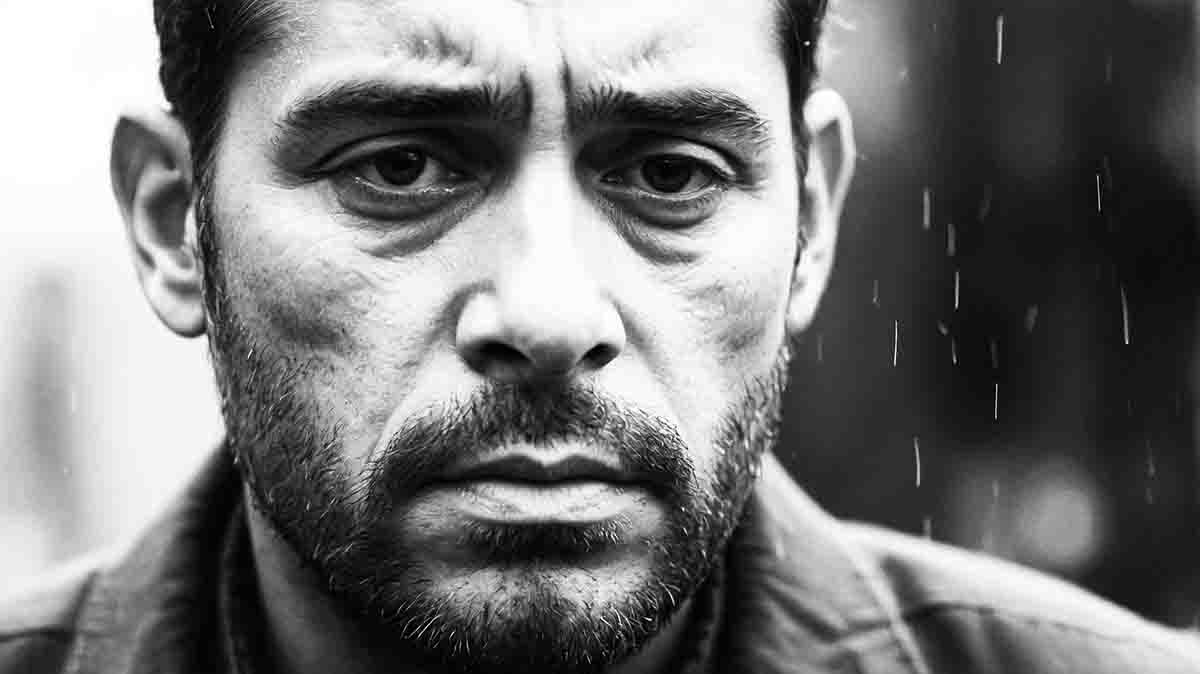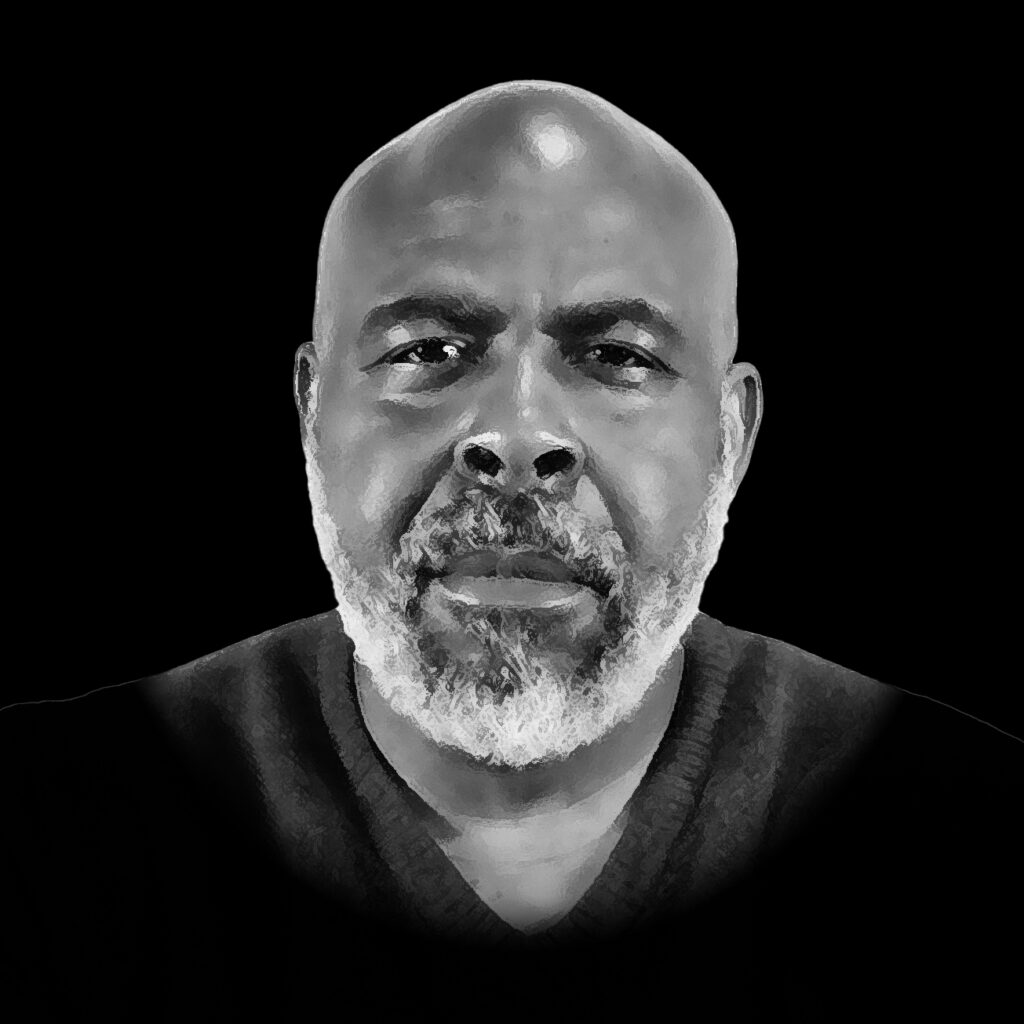Loss is something everyone faces at some point in their life. Whether it’s the death of a loved one or the end of a meaningful relationship, the feelings of grief and sadness can be overwhelming. In my recent video, I shared five strategies to help cope with loss, and today, I want to dive deeper into those strategies and expand on how you can use them to heal and find peace.
Dealing with Loss
Loss can shake us to the core. But while it’s impossible to avoid, how we respond to it can make all the difference. These five strategies can help alleviate the pain and offer a path forward through difficult times.
1. Participate in Rituals
Rituals are often the first thing we think of when dealing with loss. Whether it’s a funeral or a memorial service, these rituals provide a structured way to acknowledge the loss, gather with loved ones, and remember the good times shared.
But rituals don’t just apply to death. Think about how people come together after the end of a relationship. It could be something as simple as grabbing a drink with close friends. While it may seem like a small act, the power of coming together in these rituals is profound. The shared energy and connection help us process the loss and take the first step toward healing.
When you experience a loss, your world often feels uncertain. You might find yourself asking, “What comes next?” Participating in rituals can give you a sense of direction during this time of confusion, and the act of coming together can help ease the isolation that often accompanies grief.
2. Accept Your Emotions
One of the most difficult parts of dealing with loss is accepting the overwhelming emotions that come with it. Acceptance isn’t easy, but it’s a crucial step in the healing process. As the prayer goes, “God grant me the serenity to accept the things I cannot change, the courage to change the things I can, and the wisdom to know the difference.”
The truth is, the loss has already happened. Whether it’s the death of a person or the end of a relationship, it’s a reality we can’t undo. Trying to fight against it only prolongs the suffering. But when we accept it, the pain doesn’t disappear overnight, but it does start to subside. Over time, that raw grief begins to weaken, and eventually, we might even smile when we think about the good times that once were.
Acceptance allows us to move forward, one step at a time.
3. Talk About It When You Can
Talking about your grief is another powerful strategy for dealing with loss. When we talk about our pain, we begin to process it in ways that are not possible when we keep everything inside. Sometimes, just speaking about what we’re going through with someone we trust can make a significant difference.
As we talk about our grief, we start to organize our thoughts and feelings. Things that were buried deep within us come to the surface, and we can begin to work through them. Conversations give us an opportunity to address what’s at the forefront of our minds, while also uncovering hidden thoughts that might need attention.
Even if it’s just with one close friend or family member, talking about it provides relief and clarity. So, when you feel ready, speak up. You don’t have to carry this burden alone.
4. Preserve Memories
When you experience a loss, it’s easy to focus on the void that’s left behind. But preserving the good memories—whether they’re physical mementos, photographs, or keepsakes—can be a powerful tool for healing. These memories allow us to keep the positive energy alive and continue to honor the part of our lives that we cherished.
Whether it’s a special photo or an item that holds sentimental value, keeping these memories close helps us to stay connected to what we’ve lost. The memories may not take away the pain entirely, but they can offer a sense of peace during the toughest days.
It’s also important to remember that memories evolve over time. In the early stages of grief, they may hold more significance, but as time passes, their importance may shift. And that’s okay.
5. Get the Help You Need
The most important tip for coping with loss may also be the hardest for many to accept: seeking help. It’s often difficult to recognize when we need assistance, but it’s vital to understand that asking for help doesn’t make you weak; it makes you strong.
Sometimes, we can’t heal on our own. Whether it’s speaking to a counselor, turning to religious or spiritual guidance, or even consulting with a medical professional, getting the right help is essential. Grief can manifest in ways that affect both our mental and physical health, and when we need help, it’s important to reach out to someone who is qualified to guide us.
Remember, seeking support doesn’t diminish your strength. In fact, it can help you become the victor in your journey toward healing. By recognizing when you need help and taking the steps to find it, you empower yourself to move forward.
Final Thoughts
Dealing with loss is one of the most challenging experiences we can face. But it’s not the loss itself that defines us; it’s how we respond to it. The five strategies I’ve shared with you today—participating in rituals, accepting your emotions, talking about your grief, preserving memories, and seeking help—are all ways to navigate through this difficult time.
If you’re going through a loss, or if you know someone who is, I encourage you to try these strategies. They won’t eliminate the pain, but they can make it more manageable and help you take the first steps toward healing.


